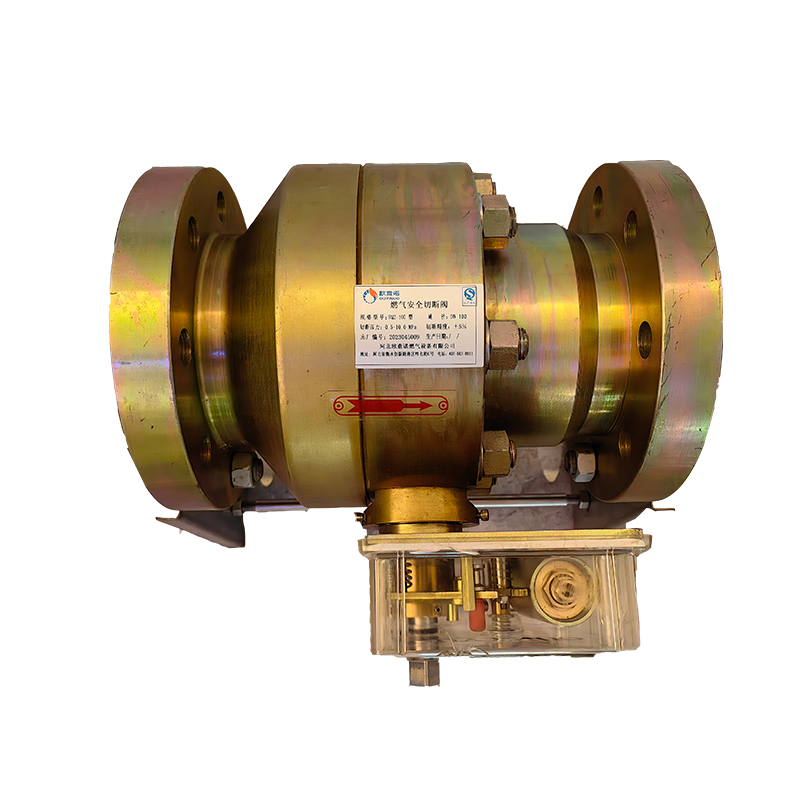
Aug . 30, 2024 17:08
Back to list
Advanced Gas Filtration Solutions for Industrial Applications
Gas Filtration An Essential Technique for Clean Air
Gas filtration is a crucial process that plays a significant role in maintaining air quality in various industrial and environmental applications. As concerns over air pollution and its detrimental effects on health and the environment grow, gas filtration technologies have become increasingly important. This article explores the fundamentals of gas filtration, its applications, and its impact on improving air quality.
At its core, gas filtration involves the removal of particulate matter, gases, and vapors from air or other gases. This process typically employs filter media, which can be made from a variety of materials, including activated carbon, synthetic fibers, and metals. The choice of filter medium depends largely on the specific contaminants being targeted and the intended application of the filtered gas.
One of the primary applications of gas filtration is in industrial settings, where exhaust emissions from manufacturing processes must be treated to comply with environmental regulations. Industries such as pharmaceuticals, petrochemicals, and food processing produce emissions that can contain harmful pollutants. Advanced gas filtration systems can capture these contaminants, preventing them from being released into the atmosphere and thereby protecting public health and the environment.
gas filtration

In addition to industrial applications, gas filtration is vital in the field of air purification. Many indoor environments, such as offices, schools, and hospitals, benefit from gas filtration systems that remove airborne pollutants, allergens, and pathogens. High-efficiency particulate air (HEPA) filters, combined with activated carbon filters, are commonly used in air purifiers to ensure that indoor air remains clean and safe for occupants.
The effectiveness of gas filtration systems is often measured by their efficiency in capturing contaminants and their ability to operate over time without significant loss of performance. Innovations in filter technology have led to the development of more efficient systems that require less frequent maintenance and replacement, reducing operational costs and environmental waste.
Moreover, gas filtration technology has seen advancements with the integration of smart sensors and automation. These innovations enable real-time monitoring of air quality and filtration performance, allowing for timely maintenance and adjustments to ensure optimal operation.
In conclusion, gas filtration is an essential technique in our efforts to achieve cleaner air and reduce pollution. Whether in industrial applications or indoor air purification, effective gas filtration systems are vital for safeguarding public health and promoting environmental sustainability. As technology continues to evolve, the potential for even more efficient and effective gas filtration solutions will play a key role in addressing the challenges posed by air pollution in the years to come.
Latest news
-
Safety Valve Spring-Loaded Design Overpressure ProtectionNewsJul.25,2025
-
Precision Voltage Regulator AC5 Accuracy Grade PerformanceNewsJul.25,2025
-
Natural Gas Pressure Regulating Skid Industrial Pipeline ApplicationsNewsJul.25,2025
-
Natural Gas Filter Stainless Steel Mesh Element DesignNewsJul.25,2025
-
Gas Pressure Regulator Valve Direct-Acting Spring-Loaded DesignNewsJul.25,2025
-
Decompression Equipment Multi-Stage Heat Exchange System DesignNewsJul.25,2025

